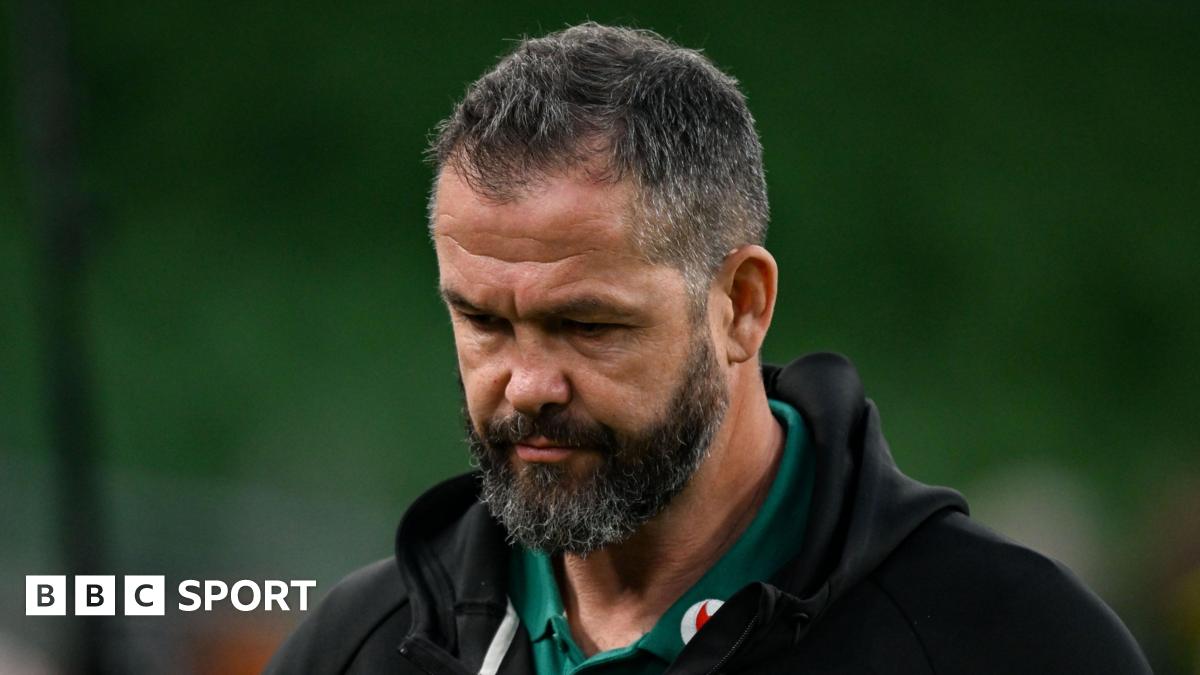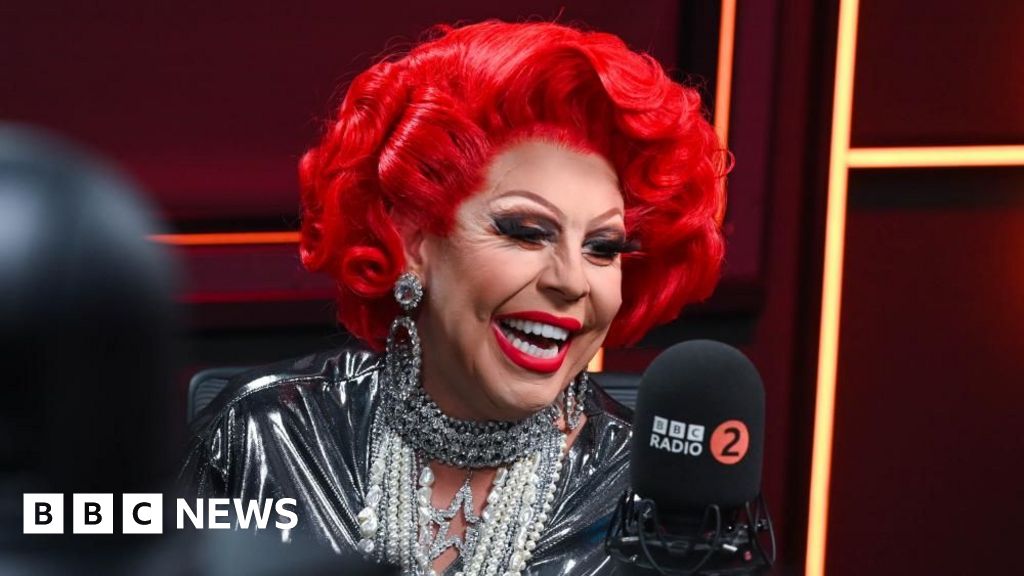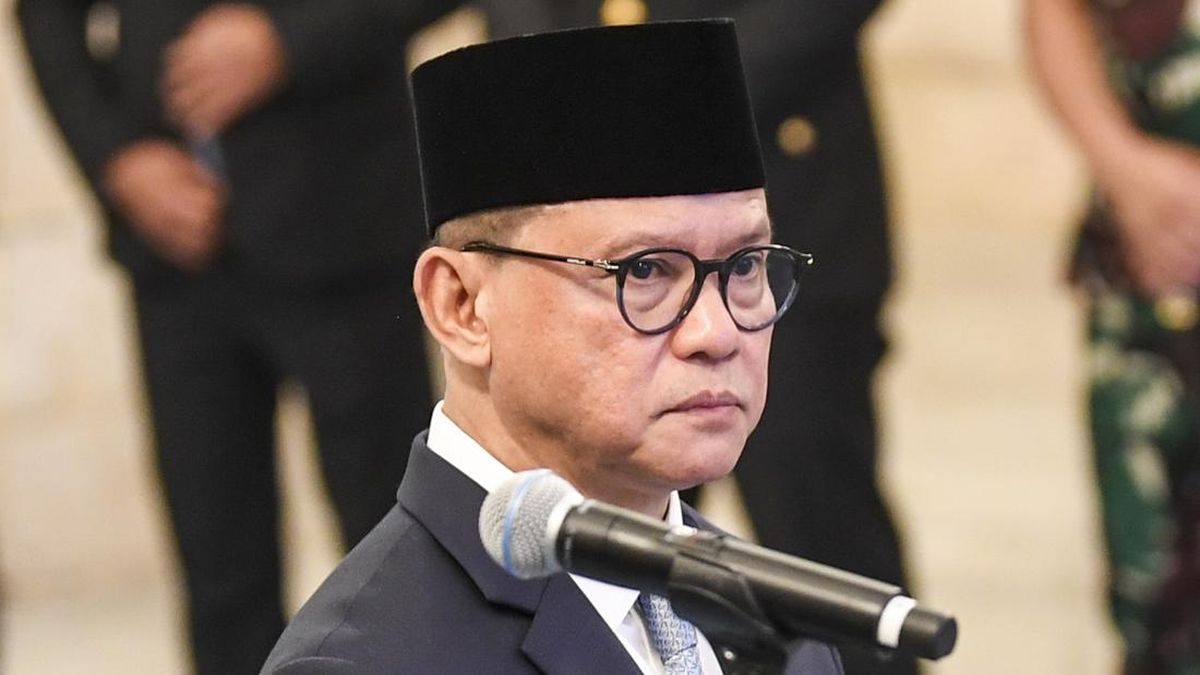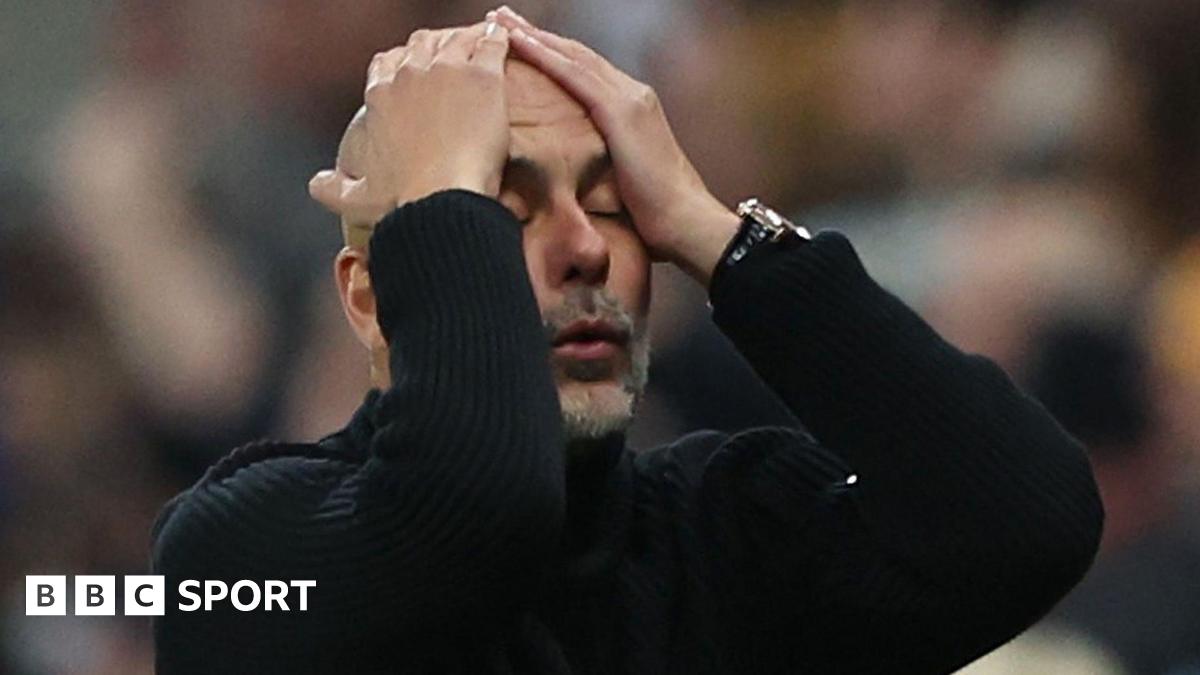Australia is facing a tough choice about whether to line up with Donald Trump on a global flashpoint – but this time the argument is not about trade, Gaza or defence spending.
The argument is about Russian oil worth about $10 billion, and how Australia buys it from India.
The US president is punishing India with steep tariffs because he blames the country for making big profits from Russian oil. India has hit back, saying it will safeguard its national interest against his “unjustified and unreasonable” claims.

Oil tanker trucks outside an oil refinery operated in Mumbai, India.Credit: Bloomberg
The dispute is creating a huge gulf between Trump and Indian Prime Minister Narendra Modi, after the two had claimed to be great friends. The leaders are also meant to be partners in the Quad group with Australia and Japan, so the rift erodes a strategic friendship.
But Trump is right: India is making money from Russian oil. And Australia cannot look away because some of that oil makes its way to diesel and petrol bowsers across the country.
This reality shatters some of the political platitudes about the sanctions imposed on Russia over its invasion of Ukraine. While it is true that Australia and others have frozen Russian assets and targeted individuals with sanctions, the oil trade has been hard to stop.

Russian President Vladimir Putin with Indian Prime Minister Narendra Modi in December 2021. Months later, India joined China in abstaining on a UN motion condemning Russia’s February 2022 invasion of Ukraine.Credit: AP
Here is how it works: Russia ships the oil to Indian refineries, gaining hard currency to help fund the war in Ukraine. The refineries, including the giant Jamnagar facility in Gujarat, ship diesel, petrol and aviation fuel to the world. Australia is a willing customer.
How much is this worth? Australia has bought oil worth about $10 billion from these Indian refineries since the European Union imposed a boycott on Russian oil in January 2023, the decision that sought to heighten pressure on Russian President Vladimir Putin.
This estimate comes from the Centre for Research on Energy and Clean Air (CREA), which has been watching the shift in the oil market every month.
‘Every litre of Russian oil represents blood money … It is revenue that enables missile strikes on Ukrainian cities, the destruction of civilian buildings and the continued suffering of innocent people’.
Kateryna Argyrou, Australian Federation of Ukrainian OrganisationsChina has emerged as the single biggest buyer of Russian energy, in another aspect of the “no limits” partnership Putin agreed with Xi in February 2022, three weeks before tanks rolled into Ukraine. China has purchased Russian oil, gas and coal worth €187 billion – about $335 billion – since the EU boycott in February 2023, according to CREA.
India is next. Its purchases were worth €102.5 billion, or about $183 billion. This is a big shift from before the invasion, when the country bought very little Russian oil.
CREA estimates that Australia has bought oil worth $US6.4 billion – about $10 billion – from India since the EU boycott. Not all of this refined product from India is sourced from Russia, but the Russian shipments have become a very significant share of the total.
So Australia has a decision to make when Trump turns on India. Does it agree with his criticism? Will it also blame India for helping Putin?

Anthony Albanese on a chariot with his Indian counterpart, Narendra Modi, before the fourth cricket Test between their nations in Ahmedabad in March 2023.Credit: Alex Ellinghausen
This is a dilemma for Prime Minister Anthony Albanese, who rightly warns against using tariffs as a political weapon. Albanese has a good relationship with Modi, who famously hosted him in a golden chariot at the cricket in Ahmedabad in 2023.
Helping Russia, however, goes against everything Albanese has said about the war in Ukraine. Australia has backed Ukraine with about $1.5 billion in aid over the past few years. But it has spent much more on Russian oil.
“Australia has been an outspoken ally of Ukraine, and they’ve provided a lot of humanitarian and military aid,” says Vaibhav Raghunandan, a CREA analyst in Amsterdam.
Loading
“At the same time, you are basically facilitating Russian revenue by allowing them to sell oil, and get tax revenue from the sale of that oil, which they then put into their army. Remember, between a third and a half of the Russian federal budget is made up of revenue from oil and gas.”
Most of this is a marriage of convenience for Indian refineries because they are buying on the spot market and making handsome profits. The boycott forces Russia to sell at a discount, so its oil sold for $US65 a barrel in June, while Brent crude sold for $US69.50. The Indian refineries prosper from this $US4.50 arbitrage.
Two major refineries have long-term relationships with Russia. One, at Nayara, is 49 per cent owned by Rosneft, the Russian oil company. Another, at Jamnagar, is owned by Reliance Industries and signed a 10-year contract with Rosneft last December.
Reliance is led by billionaire Mukesh Ambani, a powerful supporter of Modi and his government. Forbes estimates his net worth at $US105 billion. When Trump imposes sanctions on India because of its oil trade, he is creating problems for Modi with one of India’s corporate giants.
Which Quad partner should Albanese support – Trump or Modi?
India might tough this out. Its economists think the country and its economy can keep growing under the Trump tariffs, although they might have to recalculate if the rate jumps.
Australia, however, has to make its own decision about the sanctions it has claimed to apply on Russian exports. Should it try to stop buying Russian oil via India?
‘We’re ending up with Russian oil’
Mark Corrigan, an Australian chemical engineer who has worked in oil refineries and studied the market since the invasion of Ukraine, says Australia relies on dozens of refineries, but that Jamnagar is one of the biggest. He estimates it fills about 10 per cent of the Australian market.
Loading
“I’m totally convinced that we’re ending up with Russian oil,” he says.
The Australian Federation of Ukrainian Organisations wants Albanese to raise the issue directly with the Indian government to stop the use of Russian crude.
“Every litre of oil refined from Russian oil represents blood money,” says the federation’s chair, Kateryna Argyrou. “It is revenue that enables missile strikes on Ukrainian cities, the destruction of civilian buildings and infrastructure, and the continued suffering of innocent people.
“If we are truly committed to cutting off the avenues through which the Kremlin funds its genocidal war against Ukrainians, we cannot afford to look the other way.”
Australia cannot be sure about the proportion of Russian oil in every tanker from India. But it cannot dismiss the concerns. Without a stricter oil boycott, Putin will collect a share of the cash every time an Australian taps the payment machine at the petrol station.
Get a note directly from our foreign correspondents on what’s making headlines around the world. Sign up for our weekly What in the World newsletter.
Most Viewed in World
Loading


















































